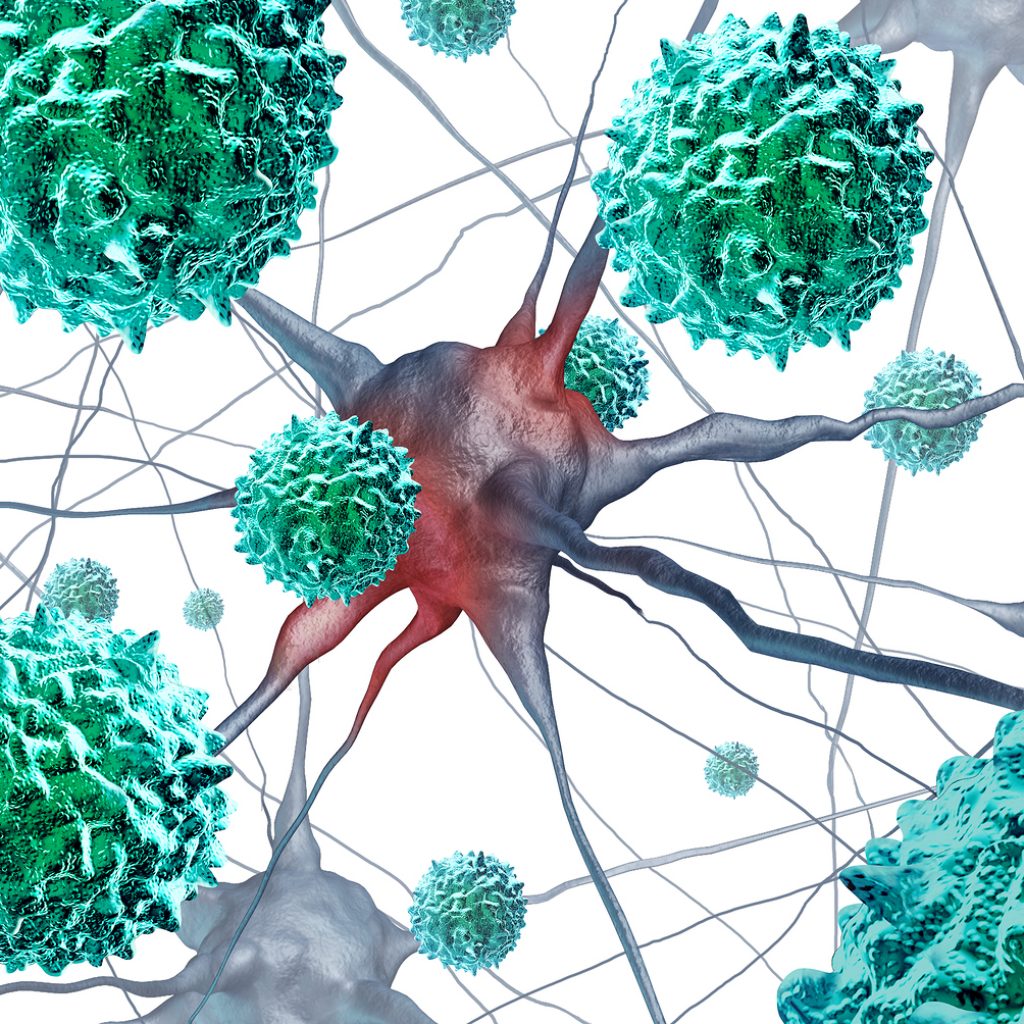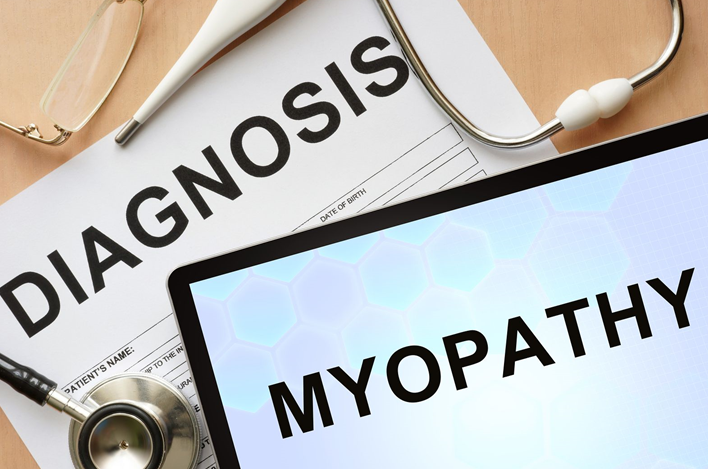Neurology Specialist Shares Facts About Peripheral Neuropathy
Have you been feeling tingling, numbness, and other uncharacteristic sensations lately? Schedule a consultation with your Dulles neurology expert Dr. Sarbjot Dulai as soon as possible. You may be suffering from peripheral neuropathy. Learn the basics of the condition, what symptoms to watch out for, who are most at risk, and what kind of treatment you may need once diagnosed.
How the Peripheral Nervous System Works
The peripheral nervous system links the nerves in the body to the central nervous system. It affects the nerves in the:
• Internal organs
• Face
• Arms and hands
• Feet and legs
• Mouth
These nerves are responsible for communicating physical sensations to the brain. The problem occurs when these nerves are destroyed or damaged.
Understanding Peripheral Neuropathy
Peripheral neuropathy occurs when the peripheral nervous system malfunctions. As a result, the nerves can send wrong signals to the brain, such as pain signals without causes or lack of pain signals even when something is hurting you. Peripheral neuropathy may be caused by:
• Injuries
• Systemic diseases
• Genetic disorders
• And more
Peripheral neuropathy can be incredibly uncomfortable and even dangerous. Backfiring nerves can cause patients to lose control of some motor movements and lead them to drop things or meet accidents due to incorrect responses to stimuli. Early treatment and diagnosis by a neurologist in Leesburg can minimize the condition’s symptoms and bring back the quality of life.
Types
There are more than 100 types of peripheral neuropathy with different symptoms and treatment approaches. In general, peripheral neuropathy is classified based on the kind of nerve damage. When only one nerve is damaged, for example, it is considered mononeuropathy. Polyneuropathies, on the other hand, is the term used when multiple nerves malfunction.
Symptoms
Peripheral neuropathy manifests in a wide range of symptoms. Seek help when you notice one or more of these symptoms:
• Tingling sensations in the hands and feet
• Stabbing and sharp pains
• A “locking” sensation in the legs or arms
• Weak and heavy feelings in the limbs
• A sensation similar to wearing tight socks or gloves
• Shocking or buzzing sensations
• Frequently dropping things
• Thinner skin
• Sexual dysfunction
• Fluctuations in blood pressure
• Constipation or diarrhea
• Profuse sweating
• Digestive issues
Aside from indicating peripheral neuropathy, these symptoms can also be a red flag for other conditions. Therefore, tell your neurologist in Leesburg, VA, about every symptom you have been experiencing. Even the smallest details can help them make an accurate diagnosis.
Risks
The risks of developing peripheral neuropathy increases for people who are over 40 years old, have high blood pressure and are overweight. Increased cases have also been observed within families. Other factors that may contribute to the condition include:
• Generalized diseases, such as diabetes, hypothyroidism, and kidney disorders
• Physical trauma
• Severe alcoholism
• Exposure to toxins
• Autoimmune disorders
• Bacterial and viral infections
• Certain medications, such as anticonvulsants and cancer drugs
Treatment and Diagnosis
During your consultation with a Dulles neurology specialist, expect them to conduct a detailed medical history. They may also order imaging tests, blood tests, and nerve function tests. Skin and nerve biopsies may also be involved.
Once peripheral neuropathy is diagnosed, the treatment plan may include medication, such as pain relievers, anti-seizure medications, and topical treatments. Various therapies, such as TENS and physical therapy, may also be recommended. Some cases may require surgery.
Schedule a Consultation with a Neurologist in Leesburg
The best chance for managing the symptoms of peripheral neuropathy and preventing further nerve damage is to address the disorder as soon as possible. Under the care of Dr. Sarbjot Dulai, you will be able to begin treatment immediately. Call Neurology Associates at (703) 726-6393 to schedule a consultation today.














